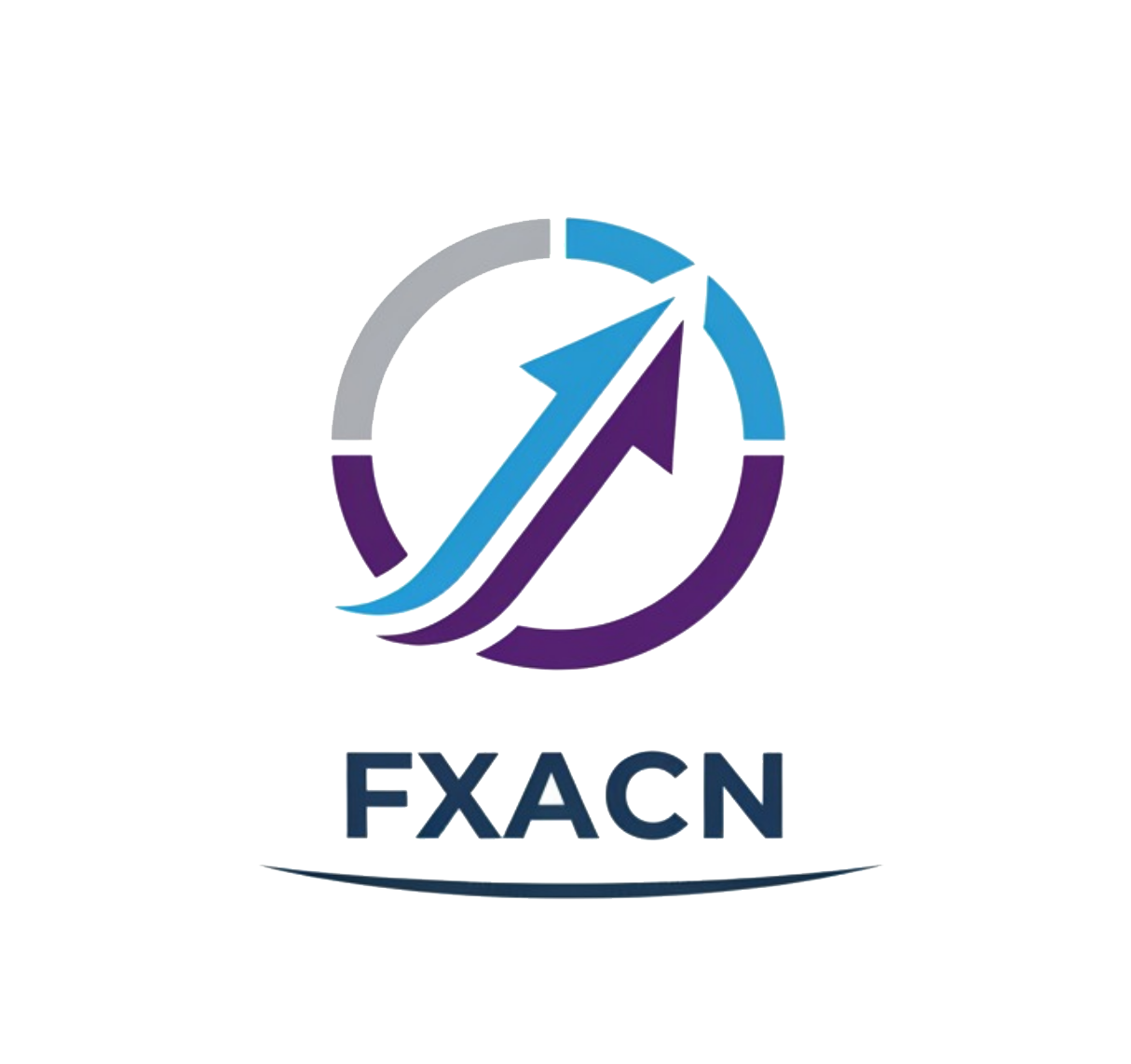Introduction
Valetax is an emerging online forex broker that aims to offer a variety of trading services to both novice and experienced traders. Established in Mauritius, it claims to provide access to a comprehensive range of financial instruments including Forex, commodities, and cryptocurrencies. However, given the decentralized nature of the forex market and the proliferation of unregulated brokers, traders must exercise caution when selecting a trading platform. Evaluating broker reliability is crucial as it directly impacts the security of investments and overall trading experience. In this article, we will explore whether Valetax is a safe broker or a potential scam, using data from various sources to assess its regulatory status, company background, trading conditions, customer experiences, and more.
Regulation and Legitimacy
Regulation is a critical aspect of any forex broker, serving as a guarantee that the broker adheres to certain standards of conduct. Valetax claims to be registered with the Mauritius Financial Services Commission (FSC), which is an offshore regulatory authority. While this provides some level of legitimacy, it is important to note that the FSC is not considered a top-tier regulator like those in the United States or the UK. The following table summarizes the regulatory information for Valetax:
| Regulatory Authority | License Number | Regulatory Region | Verification Status |
|---|---|---|---|
| Mauritius FSC | GB 21026312 | Mauritius | Not Fully Verified |
The lack of oversight from a reputable regulatory body raises concerns regarding the broker’s operational practices. Brokers regulated by top-tier authorities are held to strict standards that promote transparency and investor protection. Unfortunately, the regulatory framework provided by the FSC in Mauritius lacks the rigor seen in more established financial jurisdictions. Consequently, all traders must approach Valetax with a robust sense of caution, particularly concerning the protection of their funds.
Company Background Investigation
Understanding a broker’s history, ownership structure, and team professionalism is essential in assessing its reliability. Valetax does not provide comprehensive information about its establishment or the background of its management team on its website. This lack of transparency can be a red flag, as reputable brokers typically offer details regarding their founders, operational history, and key personnel.
Reports suggest that Valetax has been operational for a short period, which limits its track record in the increasingly competitive brokerage landscape. This relative newness may reflect a lack of experience, which is vital in navigating the complexities of financial markets. Furthermore, the absence of detailed disclosures about their ownership structure raises questions about accountability. A broker’s ability to maintain transparency within its operations is paramount, as it builds trust with its users. Therefore, potential clients must remain vigilant when assessing the reliability of Valetax and consider whether its operational transparency aligns with their expectations.
Trading Conditions Analysis
Trading conditions such as spreads, commission fees, and overall costs can significantly impact a trader’s profitability. Valetax offers a low minimum deposit option starting as low as $1, which can be appealing for beginners. However, the broker’s trading conditions warrant a closer examination. Below is a comparative analysis of core trading costs:
| Cost Type | Valetax | Industry Average |
|---|---|---|
| Major Currency Pair Spread | From 1.2 pips | From 0.1-1.0 pips |
| Commission Structure | No commissions | $3-$5 per lot |
| Overnight Interest Range | Varies between accounts | Varies, typically 1%-5% |
While the spreads at Valetax may seem relatively competitive, the lack of commission fees often raises suspicions, as these are typically incorporated into the spread price. Traders should be cautious about hidden costs that may affect the transparency of their trading conditions. Additionally, the fees associated with withdrawal or inactivity could also present potential hurdles. Therefore, it’s essential for potential clients to fully understand the fee structure before proceeding.
Customer Funds Safety
When looking for answers to the question, “Is Valetax safe?” it is imperative to analyze the measures in place that protect customer funds. Valetax claims to implement segregated accounts that separate client funds from the firm’s operational capital. This is a standard industry practice that serves to protect clients in case of financial difficulties faced by the broker. However, being regulated by an offshore authority like the FSC does not guarantee robust customer protection like European regulatory bodies do.
Additionally, Valetax reportedly offers negative balance protection, which ensures that clients cannot lose more than they deposit. Yet, the effectiveness of these measures is questionable due to the unclear regulation. History reveals that companies registered in offshore jurisdictions often lack an established mechanism for dispute resolution. Thus, in scenarios where clients experience issues, recovering funds can become exceedingly complicated.
Customer Experience and Complaints
The feedback from current and former clients of Valetax varies widely, with some praising the user-friendly dashboard and prompt customer support, while others have voiced frustrations over withdrawal issues. Common patterns in complaints have included difficulties in fund withdrawals, with many users claiming that their requests were either delayed or completely ignored. The table below illustrates the key types of complaints received and their severity:
| Complaint Type | Severity Level | Company Response |
|---|---|---|
| Withdrawal Delays | High | Poor |
| Account Management Issues | Medium | Average |
| Customer Service Response Times | Medium | Varied (often slow) |
For instance, one user reported that while they enjoyed easy deposit processes, they faced significant trouble withdrawing their profits, raising alarms about the broker’s reliability. With a backdrop of mixed reviews, potential clients should tread cautiously, considering the trade-off between the low entry costs and the possibility of encountering significant withdrawal challenges.
Platform and Order Execution
An efficient trading platform can significantly impact a trader’s experience, affecting both the speed of execution and ease of use. Valetax primarily uses MetaTrader 4, a widely popular trading platform known for its stability and advanced trading tools. However, user reports on the execution quality are mixed. Concerns about slippages and rejected orders need to be addressed to understand the platform’s reliability fully. Traders have cited instances where they faced slippage beyond acceptable limits, particularly during volatile market conditions.
Risk Assessment
Using Valetax for trading involves various risks mainly stemming from the lack of rigorous regulatory oversight coupled with reported customer service issues. Below is a simplified risk rating card outlining the key risk areas linked with trading through Valetax:
| Risk Category | Risk Level | Brief Explanation |
|---|---|---|
| Regulatory Risk | High | Limited protection and oversight |
| Withdrawal Risk | High | Historical complaints regarding delays |
| Market Risk | Medium | Volatility in forex markets |
| Transparency Risk | Medium | Lack of clarity regarding operational details |
For risk mitigation, traders are advised to limit their exposure by starting with lower investment amounts and exercising robust risk management strategies, such as setting stop-loss levels.
Conclusion and Recommendations
After thorough investigation and analysis, it appears that Valetax may not provide the level of security and reliability that many traders seek. The lack of strong regulatory backing, along with mixed customer feedback regarding withdrawal issues, raises significant concerns about its operational integrity. Thus, for traders asking, “Is Valetax safe?” the answer leans towards caution, indicating that potential pitfalls may outweigh the attractive aspects of low fees and easy deposits.
For novice traders or those with aversion to unnecessary risks, it may be wiser to explore alternative brokers with established regulatory oversight and positive reputations. Some recommended alternatives include brokers that are regulated by top-tier authorities like the FCA, ASIC, or CySEC. These alternatives often provide stronger protections for customer funds and a more transparent trading environment.


